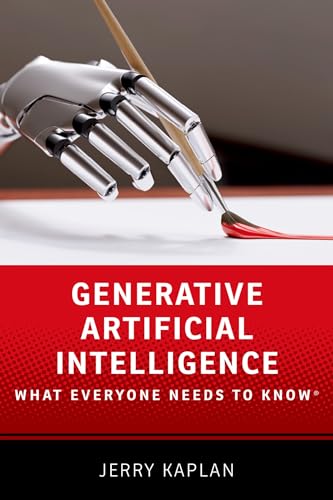What do you think?
Rate this book


236 pages, Kindle Edition
First published January 1, 2024
• GAI will allow everybody to harness its power such that many professionals will see their roles change to "prompt engineer"; and
• This will increase demand for the services of such prompt engineers.